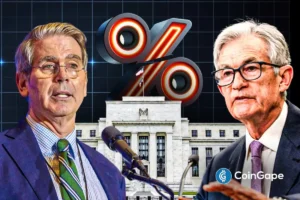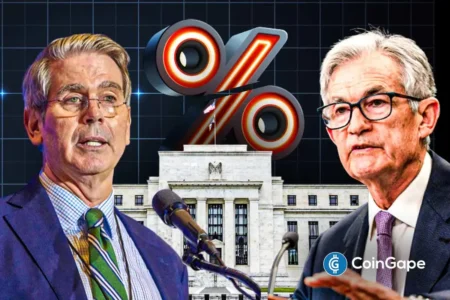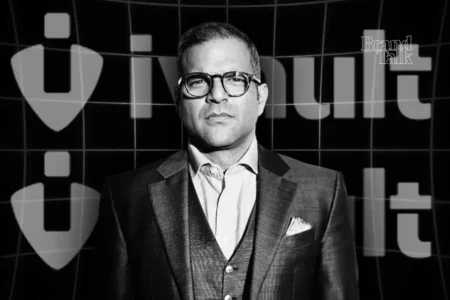SEC and CFTC Roundtable: A New Era in Crypto Regulation
In a groundbreaking initiative, the Securities and Exchange Commission (SEC) and the Commodity Futures Trading Commission (CFTC) have announced a joint roundtable, slated for September 29. This collaborative effort aims to clarify and harmonize the regulatory frameworks governing the burgeoning cryptocurrency industry. As both agencies embark on this journey, SEC Chair Paul Atkins and CFTC Acting Chairman Caroline Pham herald the start of what they describe as a "new day" for cryptocurrency regulation. Their joint effort underscores an intent not only to provide clarity to market participants but to reinforce the United States’ position as a global leader in capital markets.
A Unified Approach to Regulation
At the heart of the SEC CFTC roundtable is the goal of creating a more cohesive regulatory landscape for the crypto industry. Both agencies have signaled their willingness to streamline reporting and data standards for crypto firms while seeking alignment on capital and margin frameworks. This concerted effort is crucial for fostering a competitive environment that encourages innovation while ensuring investor protection. As outlined in their joint statement, the roundtable will serve as a venue for identifying regulatory priorities that can enhance market efficiency and reduce unnecessary barriers.
Exploring New Frontiers in Trading
One of the notable areas of discussion during the roundtable will be the potential for expanding trading hours to accommodate the unique needs of on-chain finance. The SEC’s ‘Project Crypto’ is an initiative aimed at bringing U.S. markets into the blockchain era, and extended trading hours may be a pivotal factor in achieving this goal. Both agencies recognize the necessity of adapting the regulatory framework to allow for 24/7 markets, a critical feature for the evolving nature of cryptocurrency trading.
Innovation and Event Contracts
Another significant topic on the agenda involves the emergence of event contracts. Both regulatory bodies aim to provide clearer guidelines for innovators wishing to list such contracts on prediction markets, particularly those related to securities. Notably, the CFTC has recently approved Polymarket to launch in the U.S., signaling a willingness to embrace innovative trading concepts while ensuring compliance with regulatory standards. This dialogue will be essential for developing a framework that protects investors while enabling new forms of trading.
Fostering the DeFi Ecosystem
As decentralized finance (DeFi) continues to flourish, both the SEC and CFTC have acknowledged the importance of defining regulations that allow for innovation in this burgeoning space. The roundtable will explore potential exemptions that could facilitate the growth of DeFi projects while maintaining the necessary safeguards for investors. By coordinating their efforts, the agencies aim to create an environment where cutting-edge financial technologies can thrive without compromising on security and regulatory compliance.
The Path Forward
As the SEC and CFTC come together to discuss the future of crypto regulation, they underscore a commitment to building a coherent and competitive marketplace. The pending roundtable will not only address pressing issues within the crypto industry but is also a step toward a more harmonious regulatory environment that embraces technological innovation. As these discussions unfold, stakeholders across the crypto landscape will be watching closely, hopeful for outcomes that will encourage growth and establish robust protections for investors.
Conclusion
The SEC and CFTC roundtable marks a crucial step toward clarifying the regulatory framework surrounding cryptocurrencies. By collaborating effectively, both agencies have the opportunity to create a more cohesive regulatory environment that not only supports innovation but also prioritizes investor protection. As they move forward, their commitment to harmonizing regulations could set a new standard for how financial markets adapt to technological advancements. Interested stakeholders will be keen to see the outcomes of these discussions, as they hold the potential to reshape the future of cryptocurrency trading in the United States.
















